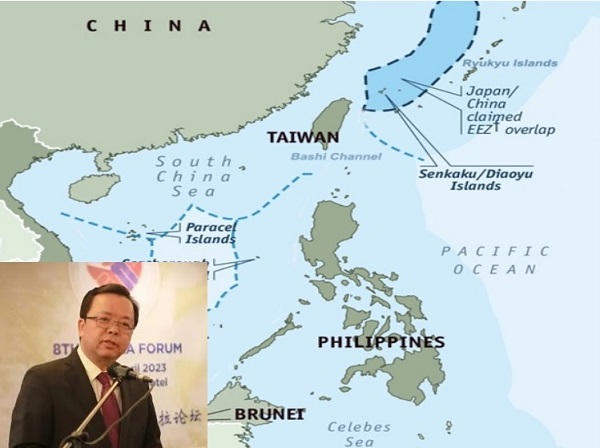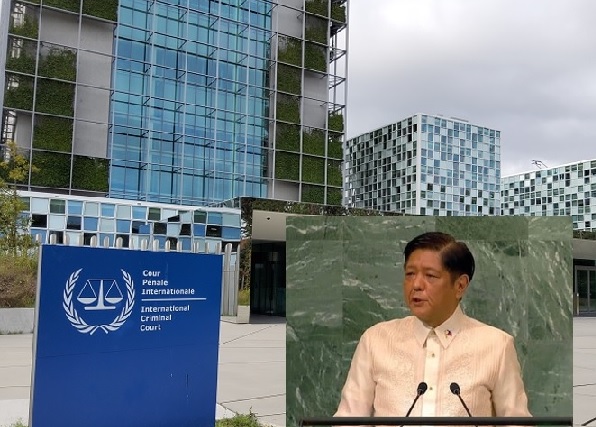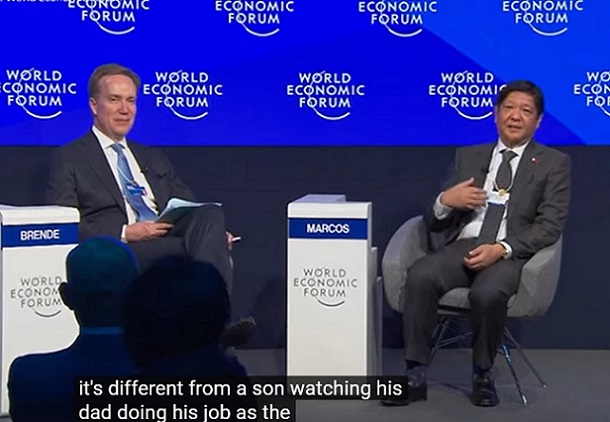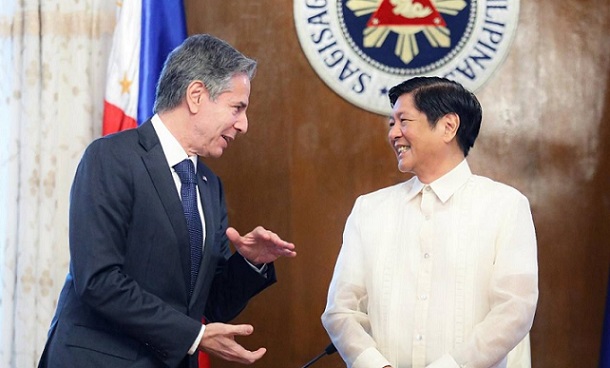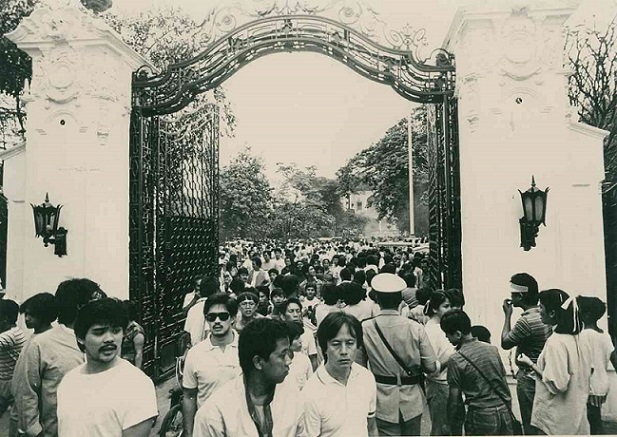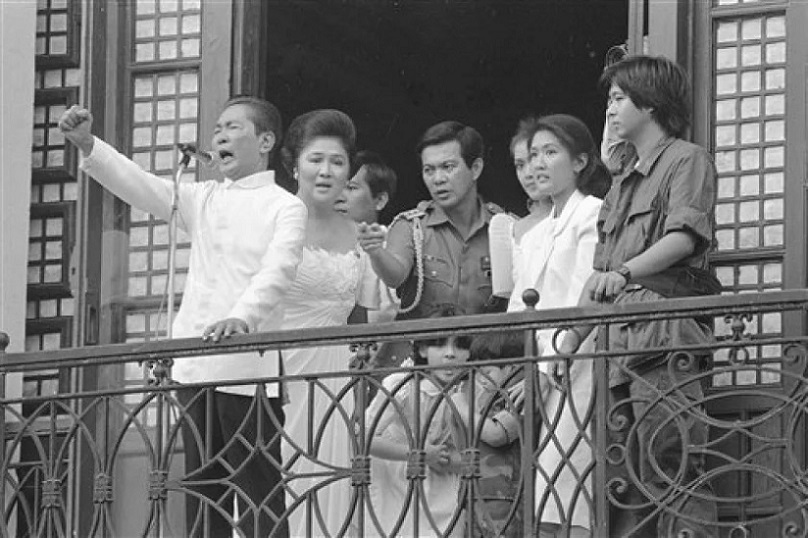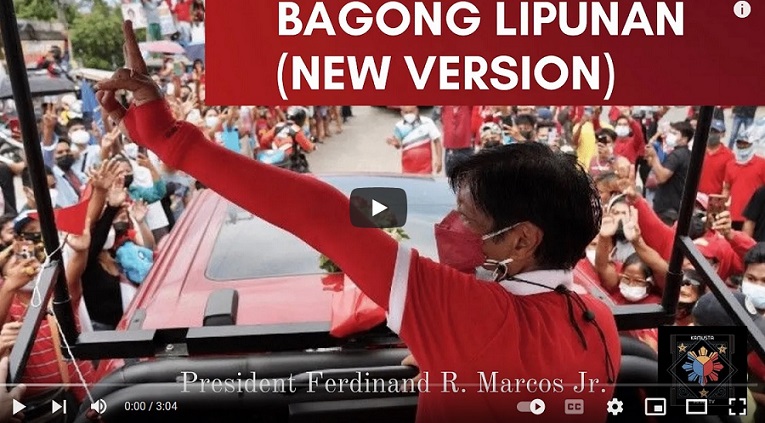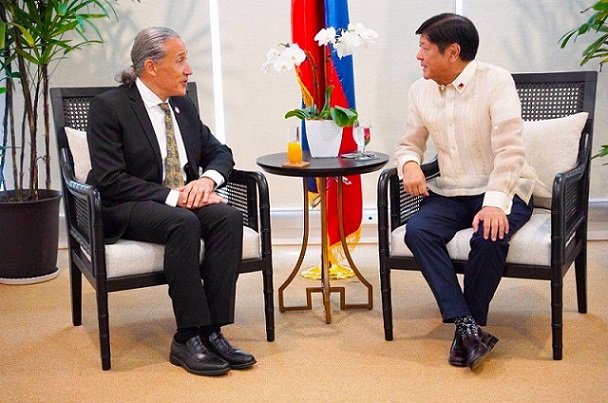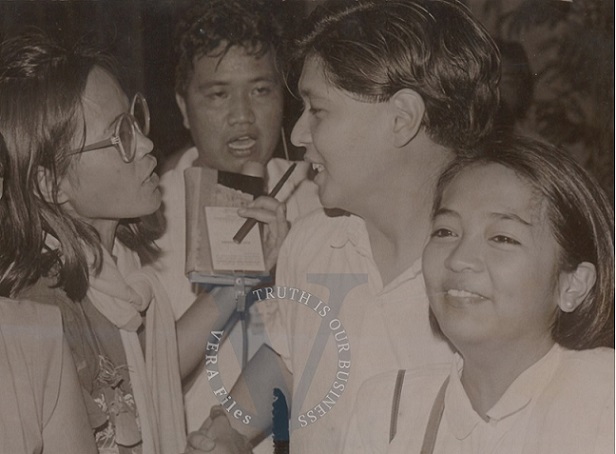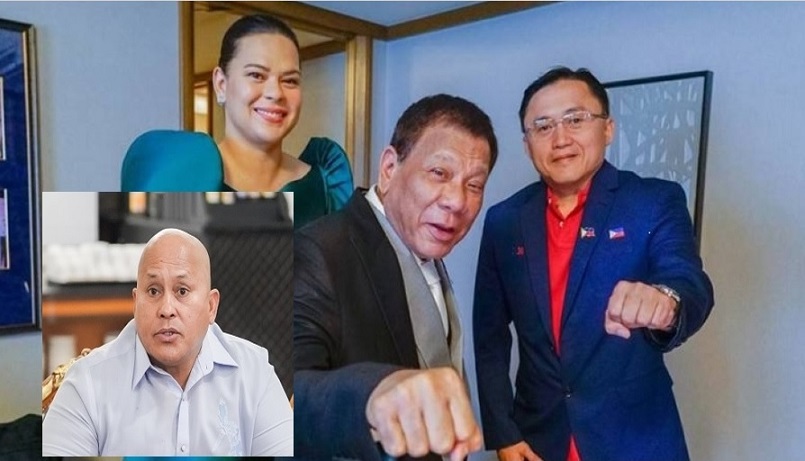
The looming issuance of arrest warrants by the International Criminal Court (ICC) for former president Rodrigo Duterte and his accomplices in his deadly war on drugs is expected to impact tremendously in the 2025 midterm and the 2028 presidential elections.
Former senator Antonio Trillanes IV, who was the first to bring Duterte’s crimes to the ICC way back in 2017, said the warrants of arrest could be served later this month or early July.
He said, according to his sources privy to the workings of the ICC, the serving of the arrest warrants will be done by batch. The former president will be the first one to be served.
The second batch would most likely include Vice President Sara Duterte and Sens. Ronald “Bato” Dela Rosa and Christopher Lawrence “Bong” Go.
The third batch would likely be the police officials who led in the implementation of Duterte’s war on drugs that claimed the lives of some 30,000. (Government figures put those who were killed during police operations at 6,000.)
